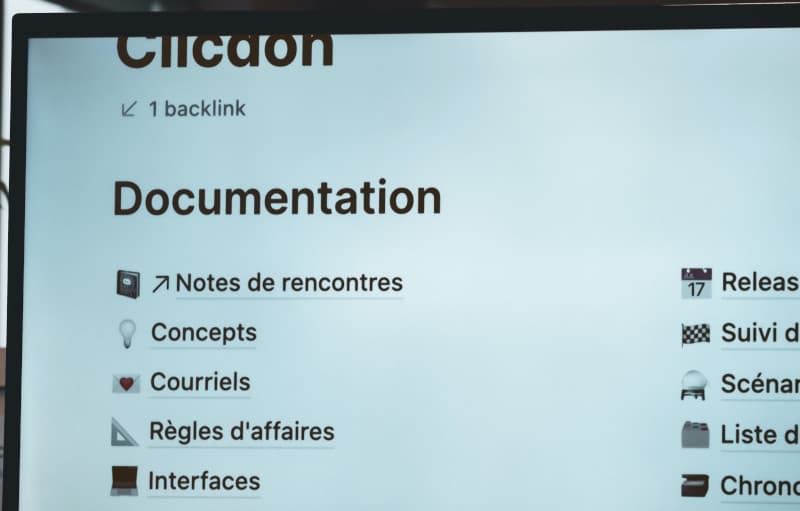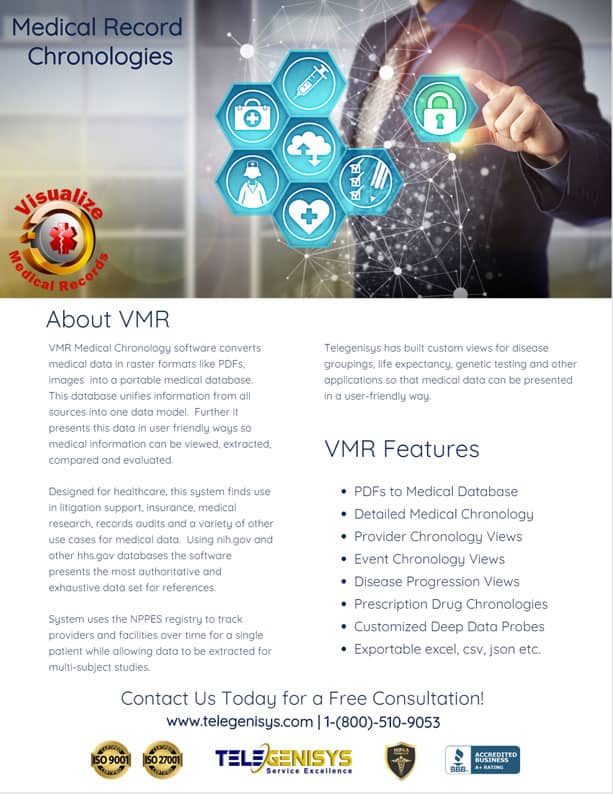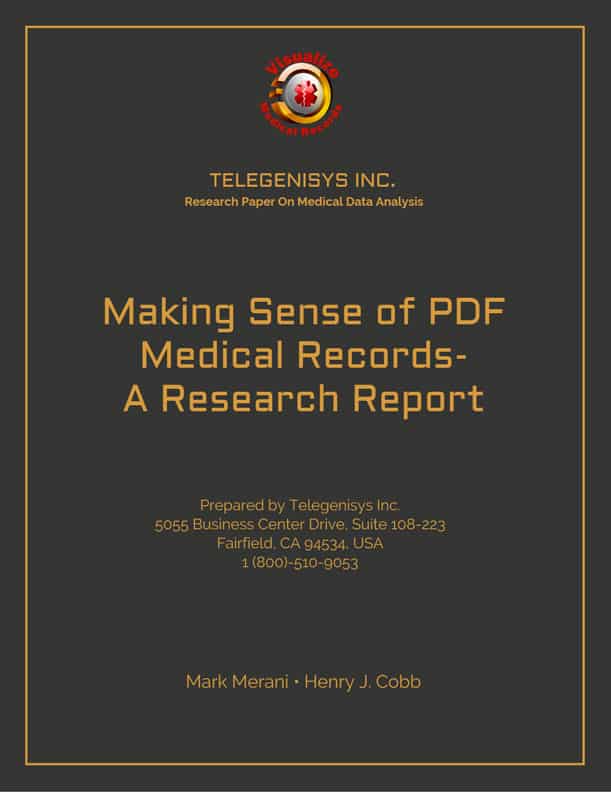Now or Not?
The reality is that some businesses can and do cause irreparable damage to their business by outsourcing prematurely and without planning. There are of course just as many that wait too long and become competitively handicapped as others in their business space take advantage of streamlined operations and cost-savings in business process outsourcing initiatives. If you are in the former category, I am glad you survived it and are thinking about it again. My job is to try and guide you to your success this time around. If you are considering outsourcing, I will attempt to tell you, from our experience of 20+ years, what it takes to do it right.
If you haven’t already read the article on Business Process Outsourcing Feasibility I invite you to do so. That is the first article in this series, and in many respects, we build upon that assessment model here. For my feasibility analysis article click here!
About Readiness
Business is successful when the business process it runs adds value to its customer solutions or products. While successful companies have learned to do this consistently, many lack the skills to separate component processes and run them independently in remote collaborative teams.
Business process outsourcing may save you money overall but it RAISES coordination and quality control costs. Think of it this way, when teams are located in the same office they develop collaboration mechanisms more naturally by scheduling meetings; managers and supervisors mingling to create clarity on overall objectives; and ad hoc friendships and co-dependencies. These natural or casual peripheral management communications are missing when teams are unplugged or remotely distributed. Offshore outsourcing often adds time zone, cultural and language barriers along with a host of challenges in business continuity and resilience.
Modularity
Modularity is the assessment of how dependent the business process is on the rest of your organization’s support structure. To gain an understanding of business process modularity you need to think of the process team as unpluggable. This means if you could move the team you have elsewhere how would the rest of your organization work with them.
Business processes are often codependent on supply chain management or business departmental functions. Human resources challenges are the same wherever people are hired although the candidate pool in offshore locations can be richer at a much lower expense.
When processes are forced to be modular, the third-party service provider must rapidly become familiar with the part being outsourced. BPO Companies have process migration experts who document processes to make them more modular.
The first challenge to evaluate is therefore collaboration.
Collaboration
When teams are unplugged, it creates information barriers, relationship barriers, and indeed cultural barriers if teams are overseas. Information sharing must, therefore, be more deliberate and planned.
Typically as companies scale up, they must face similar challenges, but outsourcing brings these earlier and in full force. Many teams can not optimize performance because they do not articulate and plan on surmounting collaboration barriers.
Such planning requires thought and in many cases expertise in process development. It is easy to miss coordination challenges when dealing with complex business processes.
There are many collaboration tools beyond phone and email that remote teams must rely on to conduct their day-to-day work. The first preference should be to develop and implement these collaboration tools in-house and then extend them beyond to the external service provider of any kind (outsourcing being one of them).
Collaboration, therefore, becomes a fundamental readiness challenge we incorporate in our readiness toolkit. In a later series of articles, we will discuss strategies on how to address these challenges and tools available to address each type of collaboration challenges.
A word of caution as you evaluate these tools, there are many free tools available, but ultimately these tools become part of the management fabric so often a cost-benefit assessment may incorporate management compatibility, ease of use, and security considerations.
Collaboration itself is a co-dependant activity, and therefore collaboration tools must work well together and with the teams that use them. Tool selection is consequently not a boardroom decision; in our opinion, it’s a tactical, inclusive, and collaborative decision.
Expertise Requirements
Implementing business process modularity depends on the expertise in managing remote teams. If remote groups need skill then human resources actions become vital. To be effective these depend on well-documented recruitment, training, and testing of candidates. Process certification becomes essential to team success.
Hiring outsourced teams is just like hiring locally. The people may be staffed remotely, but process challenges remain the same. As an example, when our teams handle medical records, they must undergo a series of training and testing modules to ensure HIPAA compliance, zero defects procedures, medical record components recognition, pre and post-processing steps for record management.
Rushing through certification or not doing it at all (it happens more often than it should) is a sure way to create management overload and artificially add collaboration requirements to compensate for inadequate preparation. An unfortunately large portion of outsourcing challenges results from poorly defined training and testing.
Coordinating with an offshore BPO vendor requires an understanding of the vendor’s process migration expertise and human resource capabilities. Cost savings depend on how well BPO providers meet the time schedule of hiring expertise from local talent pools.
Business Process Agility or Requirements Creep
Another business process challenge we have encountered is over-modularity. To avoid documentation, training, and testing there is a tendency to define a business process subset, and submit to the urge to oversimplify as a means to outsource faster. While this may seem like a strategy to increase process agility it results in several challenges that well-defined processes do not face:
- A drop in efficiency as requirements are added incrementally.
- Perception of increased process complexity as new work modules are added.
- Increased needs for collaboration if the process is broken down excessively.
- Much higher quality assurance complexity from both the client & outsourcer perspectives.
- The client may lack in experience to manage fractional output from such teams leading to the loss of business intelligence to manage the process.
- Metrics and performance measurements become complex and redefined so stakeholders often struggle to maintain process productivity to realize the benefits of outsourcing.
For these and many other reasons that are less relevant to mention it’s important to do the homework necessary before launching processes. Over modularity can see the business process fail while its modular component succeeds. A good BPO company would protect its client from the risk of fragmenting a business process.
Procedure Documentation
It’s a lot easier to manage with incomplete documentation when teams are local (same country). We find that this allows even well-managed organizations to operate with inadequate process documentation.
In outsourcing, this results in incomplete training, incomplete quality control, and more dependence on people’s experience than a mature business process.
Perhaps one of the best outcomes of outsourcing is that it forces process documentation. If done right, better process documentation leads to improved quality control and better client outcomes.
We measure Process documentation as a critical readiness factor and often offer to incorporate documentation improvements before staffing outsourced teams. Ignoring process documentation to be a “rookie mistake” in outsourcing services. An outsourcing provider learns early in their development that documentation is the means to understanding vital to understanding a business process running remotely.
Risk Mitigation – Impacts on Governance
Poorly implemented outsourcing is NOT cheap. Any outsourcing readiness assessment must evaluate if current governance has risk mitigation built-in or requires modifications.
Risk mitigation is a lot of what we as BPO providers do for new consulting and outsourcing clients. Since a lot of outsourcing is related to delivering service and adding value to service processes, it can expose a company to customer-facing services (visible) risk. This topic is far greater than this whitepaper can address well, but I will try to deal with it briefly. Perhaps a future article in this series will examine strategies to combat each risk with a clear methodology and resources to address it.
Essentially business governance being compromised is quite fundamental in its effect. While modularity must address each component of a business governance model, risk factors related to outsourcing can change the way governance is implemented.
Risk Mitigation
The most obvious factors we encounter in risk mitigation are:
- Regulatory Compliance / Agreement Enforcement & Jurisdictions
- Is the business able to enforce agreements in the outsourcer’s jurisdiction
- What enforcing mechanisms are going to be used to react to risk
- Do both parties have the right mix of risk and reward to assure performance
- Business Reputation
- Monitoring and managing business reputation
- Preemptive steps to ensure the quality of service or product.
- Reactive processes to ensure correction
- Monitoring frequency and severity of corrections
- Intellectual Property Loss ( business intelligence & data )
- Are copyrights and patents enforceable in host countries
- Ensuring confidentiality
- Minimizing exposure to remote contractors
- Enforcing data security measures
- Affirmed training and confidentiality agreements of outsourced staff
- Potential Loss of Integrated Innovation
- Attrition of business knowledge and intelligence when outsourcing
- Lack of an inclusive approach to information flows with outsourced staff
- Motivating innovation is harder in outsourced teams
- Managing metrics to maintain pressure to innovate
- Control of Core Competencies
- Creating competency thresholds to maintain competitiveness
- Core competencies cannot be outsourced completely
- Managing loss of identity and competitiveness
- Compliance Breaches
- Data Security including the physical location of data
- Auditing Security
- Reporting Triggers
Auditability
How long does it take for you to know when something goes wrong and can you attribute it to its source. A process audit is fundamental to modularity because it must be an unpluggable activity. It’s generally inadvisable for the auditor to be part of the outsourcing organization or remote team performing the function. Some parts of audit controls can be local but when third-party contractors are involved don’t believe for a moment that they are somehow your equity partners and certainly don’t leave their own work assessment to them. Auditability must establish accountability-based attribution.
Error Management
Rapid error management is vital to the long-term success of an outsourced process. It can take time for new staff to understand the nuances of a process regardless of how detailed the training and certification are. Rapid exposure of errors and remedial actions are vital to the development of effective teams.
Transparency
Evaluate how transparent is your process in terms of performance metrics and quality controls. Proving these metrics can be done through process engineering for new work. Ideally experienced staff should be ready to demonstrate both qualitative and productivity aspects to establish appropriate and reliable benchmarks for performance.
Frequent reporting of these metrics is critical to establishing accountability early on in the process.
Management Maturity
Is your organization able to understand how to deal with problems remotely? If experienced managers are absent, the process can veer off. Outsource process management last if you must. Ideally, process administration and management need to be local but experienced managers in core business operations are necessary to ensure vendor management and contract administration.
Ethos & Process Innovation
Processes that are modular, auditable, transparent, and mature allow for the development of innovation in a nonvolatile evolutionary engagement up and down the organizational hierarchy. In our experience, this happens because reactive processes are already part of the teams day to day operations. Managers are able to, therefore, use cyclic reporting to see patterns and opportunities for process innovation.
The Essence of Business Process Readiness
Modularity, Auditability, Transparency, and Management Maturity form the four pillars of readiness assessment that good outsourcing companies help clients evaluate. Readiness is a state of a process evolution, it is not an absolute state. If not managed well, processes can shift up or down in their readiness rating. Transition to improved readiness is achievable and has a huge payback in lowering the skill level of the workforce required and making it more capable of reaching an organization’s objectives reliably and durably. While this is helpful in outsourcing, these principles also yield higher quality internal processes which are more scalable and durable. These pillars put any process on a more solid foundation for success.
What’s Next!
ROI Calculator – Article and toolkit
Next in this series of articles is an ROI calculator. We are developing this to evaluate process efficiency. It’s not just a tool for outsourcing decisions, our hope is that it lets stakeholders develop an understanding of their cost models and allows them to model process movement in general. This may apply to move a process from one State to another or evaluate consolidation efficiencies for organizations considering management process solutions.
Our Consulting Services
- Outsource Capability assessments for RFI / RFPs (Selection of your BPO vendors)
- Infrastructure diligence
- Quality Focus diligence
- Security diligence and review audit
- Process Migration Technical Expertise
- BPO Provider Flexibility Audit
- BPO Provider Track Record
- Trust and Reputation Review (References)
- Process Experience Evaluations (domain knowledge, payment processing experience for retail support, legal process outsourcing experience for litigation support, etc.)
We consult on contractor due diligence and evaluation to develop an outsourcing model for business processes. Our consultation covers implementation planning and contract development to establish successful outsourced relationships.

Not sure if or how outsourcing can help you? Get in touch and we can find out quickly!




















